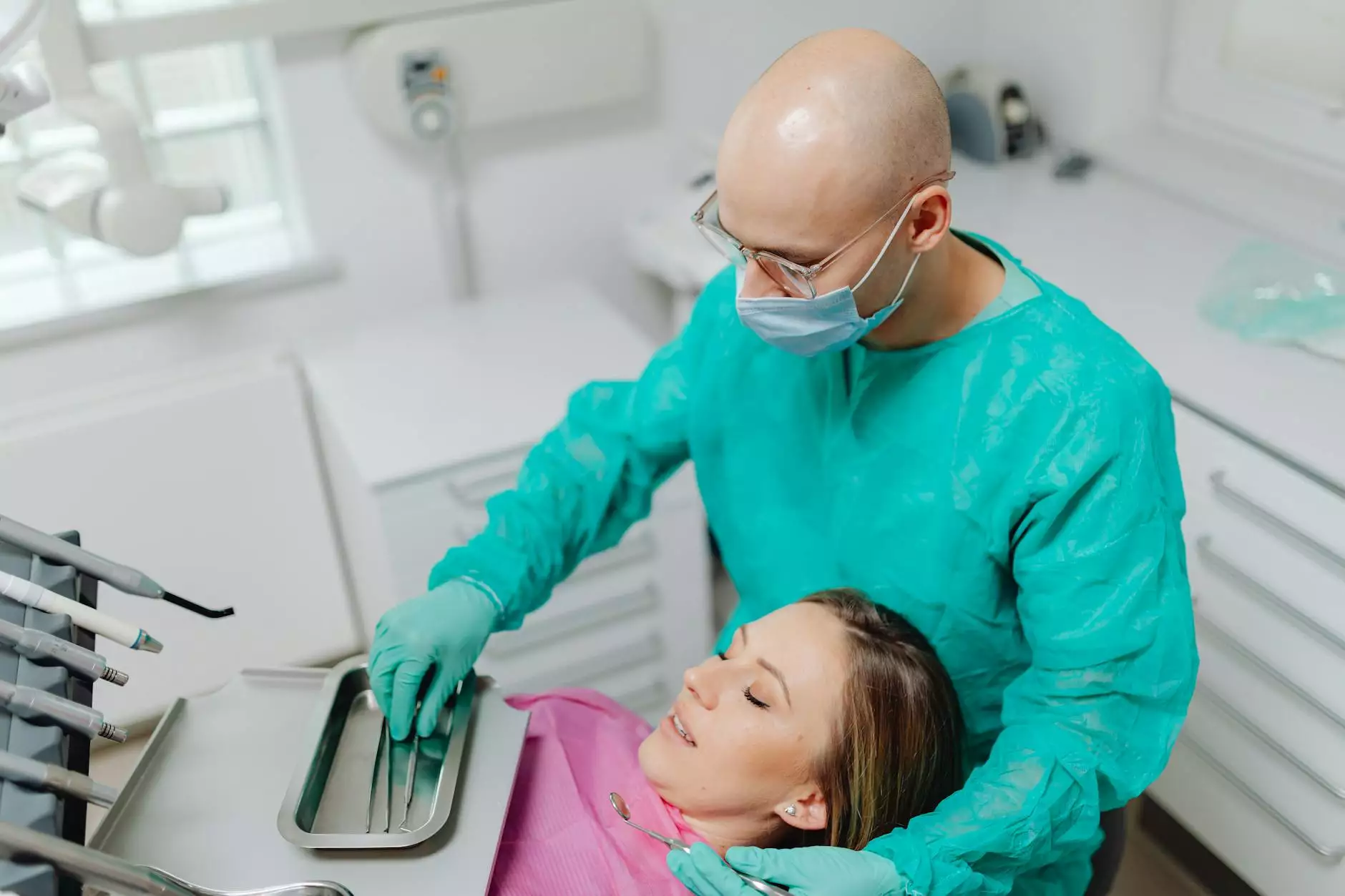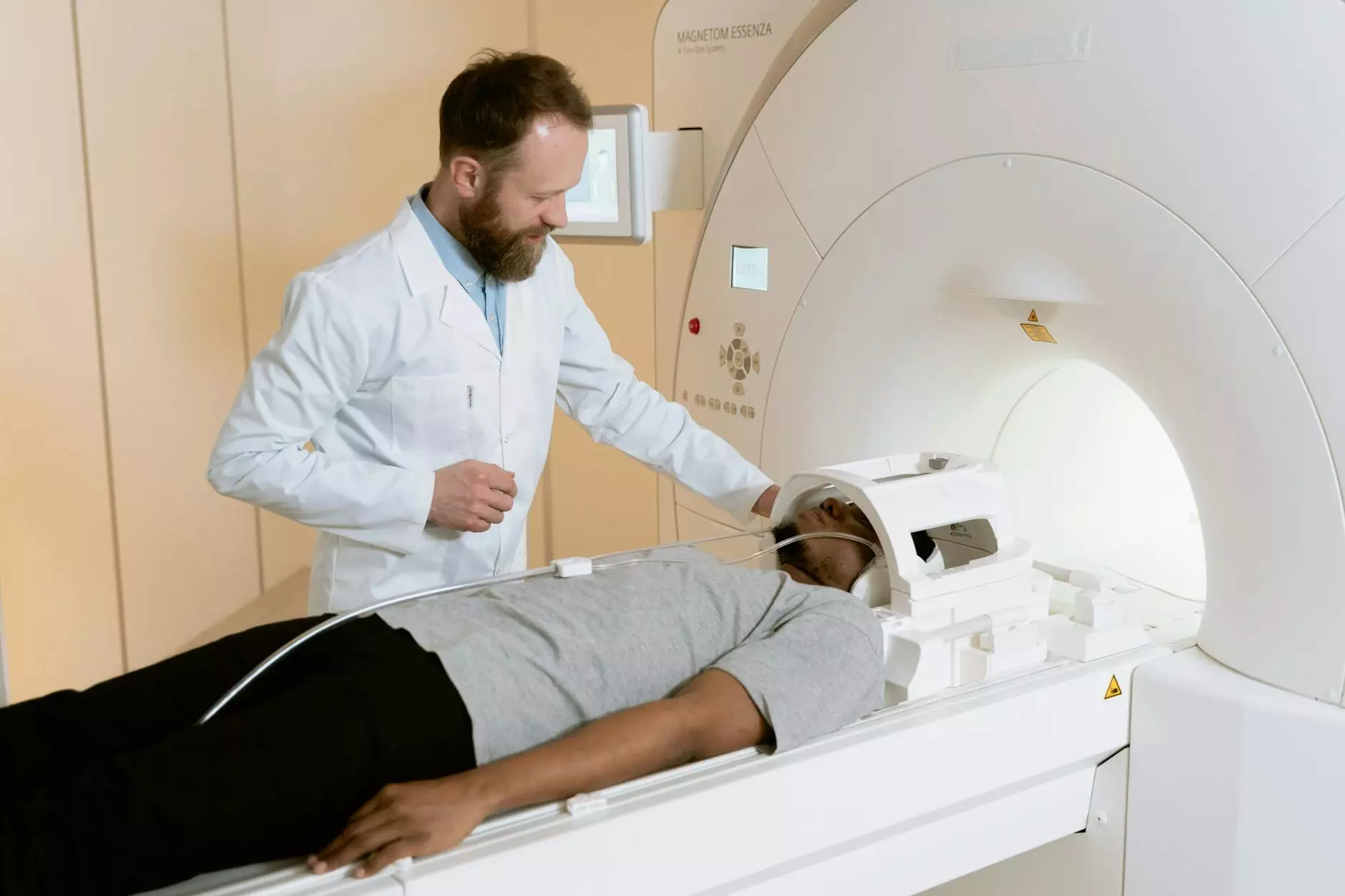Understanding NY Fibroid Surgery Cost

When it comes to women's health, fibroids are often a significant concern. These non-cancerous growths can lead to discomfort, heavy bleeding, and other complications, making their removal a vital consideration for many. In New York, the cost of fibroid surgery can vary widely based on several factors. In this article, we aim to break down the various elements that contribute to the overall cost of NY fibroid surgery and the value that comes with the investment in your health.
What Are Fibroids?
Fibroids, also known as uterine leiomyomas or myomas, are abnormal growths in the uterus. They can range in size from tiny seeds to larger than a grapefruit. Although many women experience fibroids, the symptoms can vary significantly. Some women have multiple fibroids, while others have only one.
Symptoms of Uterine Fibroids
- Heavy Menstrual Bleeding: This is one of the most common symptoms, leading to anemia and fatigue.
- Long Periods: Fibroids can extend your menstrual cycle, causing prolonged discomfort.
- Pelvic Pain: Large fibroids can cause significant discomfort in the pelvic area.
- Frequent Urination: Fibroids can press against the bladder, increasing the urge to urinate.
- Difficulty Emptying the Bladder: Conversely, some women find it hard to completely empty their bladders.
- Complications during Pregnancy: In rare cases, fibroids can complicate a pregnancy.
Why is Surgery Needed?
While many women with fibroids may not need surgery, those who experience severe symptoms often benefit significantly from surgical intervention. Fibroid surgery can greatly improve quality of life and alleviate physical discomfort.
Types of Fibroid Surgery
There are several types of surgeries used to treat fibroids, including:
1. Myomectomy
A myomectomy is the surgical removal of fibroids while preserving the uterus. This surgery is often recommended for women who wish to maintain their fertility.
2. Hysterectomy
This procedure involves the complete removal of the uterus and is often recommended for women with larger fibroids or those who don't plan to have children in the future.
3. Uterine Artery Embolization (UAE)
This minimally invasive procedure cuts off blood supply to the fibroids, causing them to shrink. UAE is not suitable for everyone, and its long-term effectiveness can vary.
Factors Affecting NY Fibroid Surgery Cost
Understanding the cost of fibroid surgery in New York involves several factors, which can include:
- Type of Surgery: The type of surgical procedure chosen (myomectomy, hysterectomy, or UAE) greatly impacts the overall cost.
- Surgeon's Expertise: The experience and qualifications of the surgeon can influence pricing. Highly regarded surgeons may charge more for their expertise.
- Facility Fees: The costs associated with the surgical facility—whether it's a hospital or an outpatient center—can vary and significantly contribute to your total costs.
- Location: Costs can fluctuate based on the geographical area within New York. Urban centers may have higher fees compared to suburban areas.
- Insurance Coverage: The extent of your insurance coverage will greatly impact your out-of-pocket expenses. Some procedures may be partially or fully covered.
- Additional Tests and Consultations: Pre-operative assessments, imaging tests, and follow-up visits can also add to the overall cost.
Average Cost of NY Fibroid Surgery
While costs can vary widely, estimates suggest that the cost of fibroid surgery in New York can range from $6,000 to $20,000 or more, depending on the factors outlined above. Myomectomy typically costs between $10,000 and $15,000, while a hysterectomy could be higher. Uterine artery embolization may be less expensive but varies based on insurance coverage.
Insurance and Coverage Options
Before proceeding with surgery, it is crucial to discuss your insurance plan with your provider. Many plans cover the consultation and surgery, but it’s important to understand the specifics, including:
- Deductibles: The amount you must pay out-of-pocket before insurance kicks in.
- Co-Payments: Your share of the costs after deductible payments.
- Pre-authorization: Some insurance may require pre-approval for certain procedures.
- Network Providers: Ensure your surgeon and surgical facility are within your insurance network.
Choosing the Right Surgeon
Finding a qualified and experienced surgeon is paramount. At Dr. Seckin’s practice, you will find a team dedicated to providing compassionate care, leveraging advanced surgical techniques to ensure the best possible outcomes. Factors to consider when choosing a surgeon include:
- Credentials: Look for board-certified doctors with specialized training in fibroid treatment.
- Experience: Inquire about their experience specifically related to the type of surgery you need.
- Patient Reviews: Testimonials from former patients can provide insight into the surgeon’s approach and outcomes.
- Hospital Affiliations: Check which hospitals your surgeon is affiliated with and their reputation.
Post-Surgery Recovery and Costs
Recovery after fibroid surgery varies depending on the type of procedure performed. A major surgery like a hysterectomy often requires longer recovery time—typically several weeks—compared to a minimally invasive procedure. Recovery costs may include:
- Follow-Up Appointments: Essential for monitoring your recovery post-surgery.
- Physical Therapy: May be recommended to ease recovery and improve outcomes.
- Medications: Pain management and any prescribed medications will need to be factored into your budget.
Conclusion
Ultimately, NY fibroid surgery cost is an investment in your health and well-being. Understanding the factors involved can help you make an informed decision. With the right care and surgical intervention, you can alleviate the symptoms associated with fibroids and significantly improve your quality of life.
For those considering surgery, we encourage you to visit Dr. Seckin’s website to learn more about your options and to schedule a consultation. Our team is here to support you on your journey toward better health and improved well-being.









